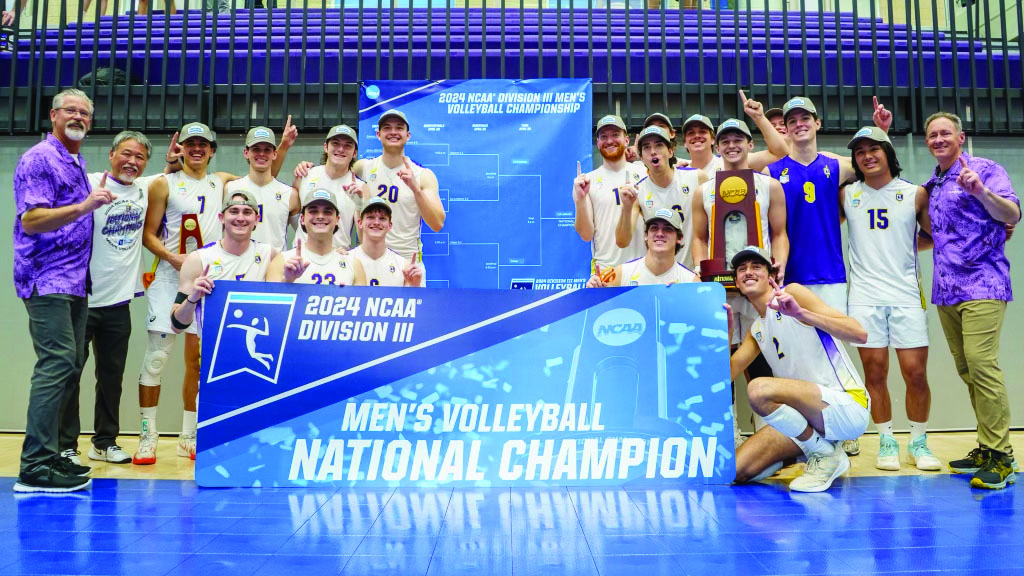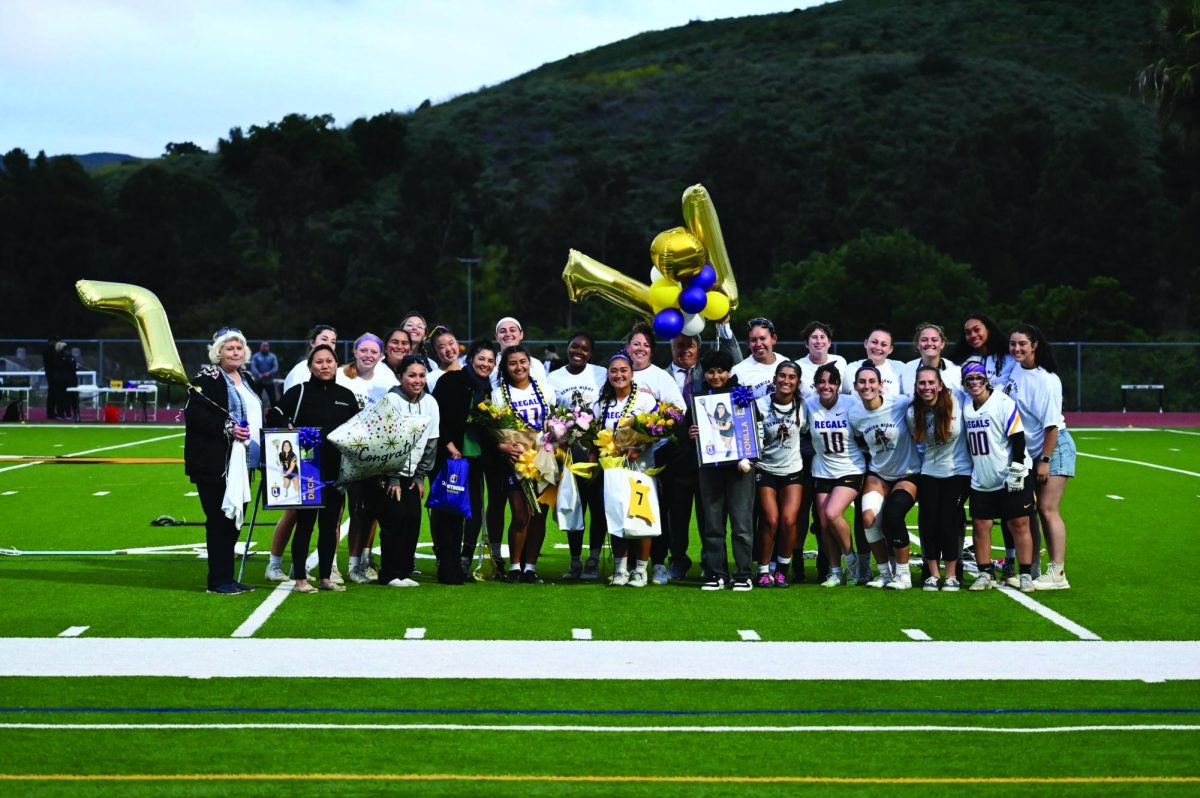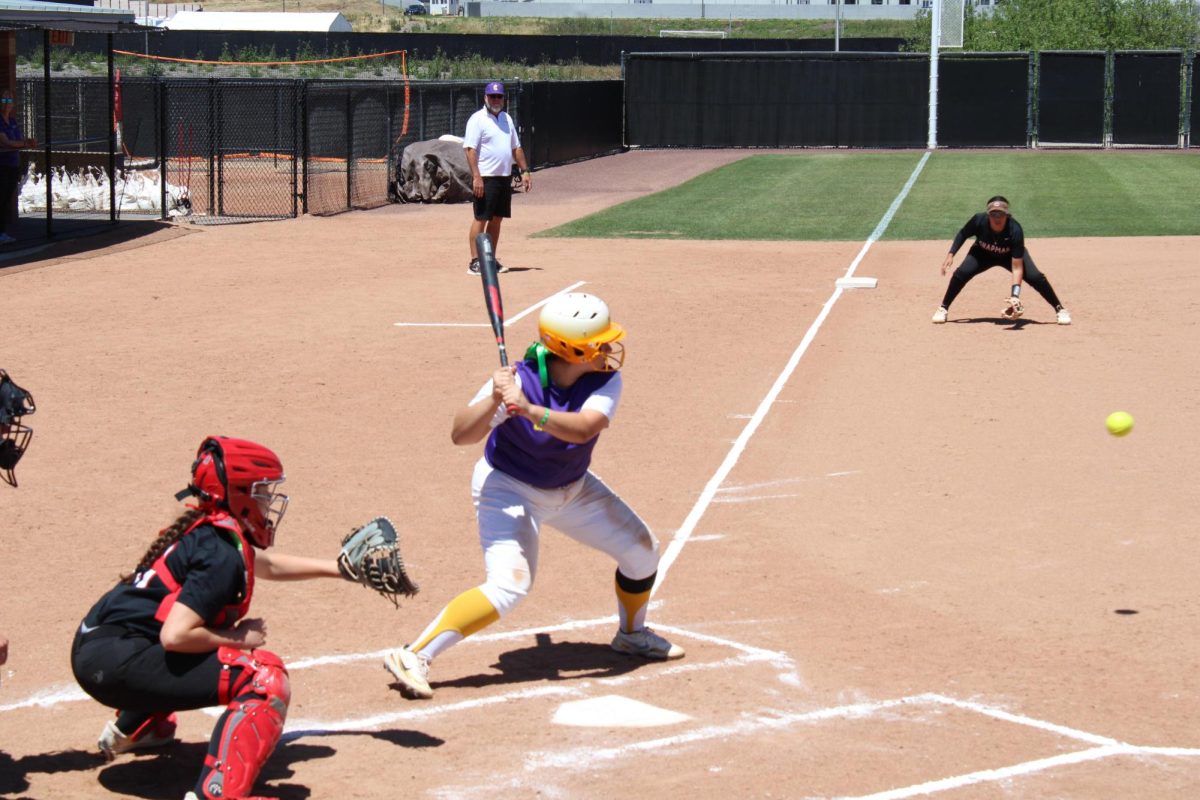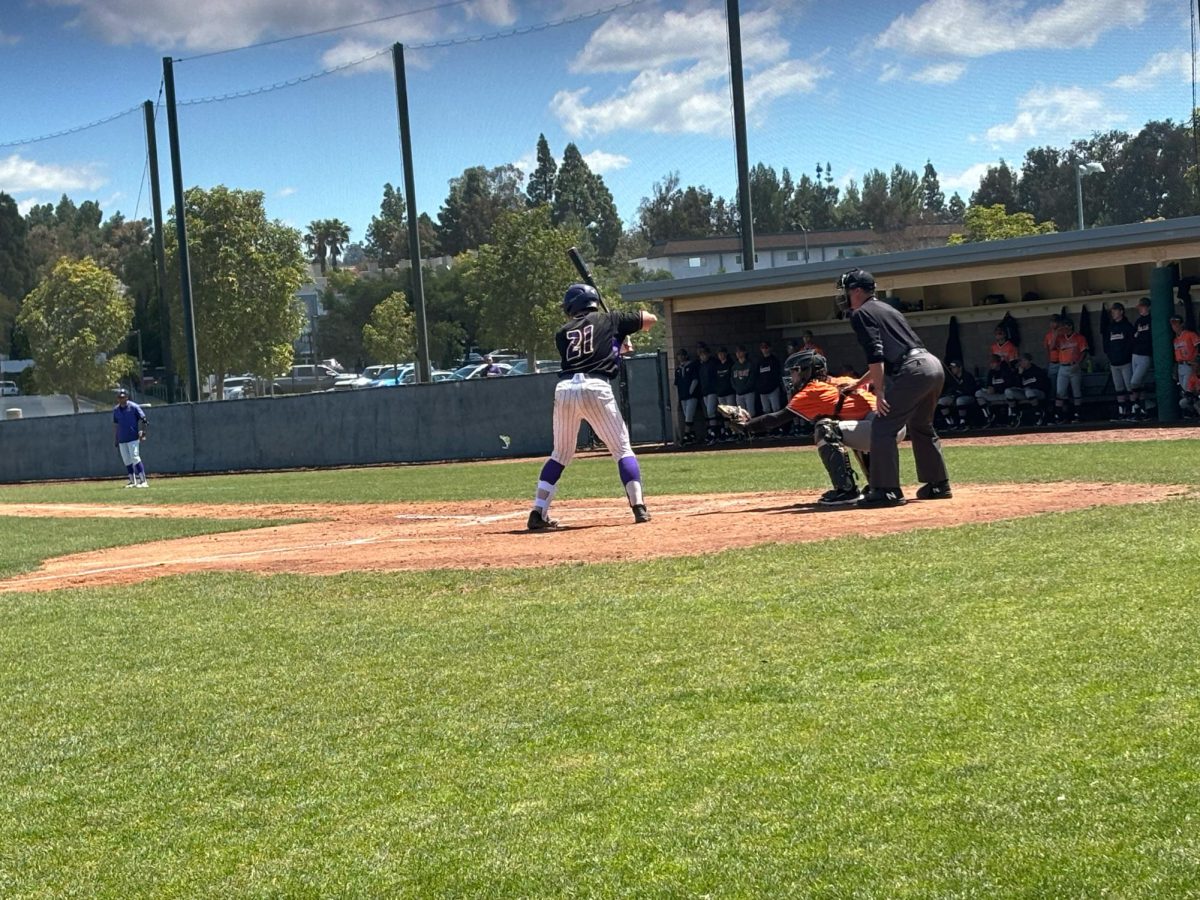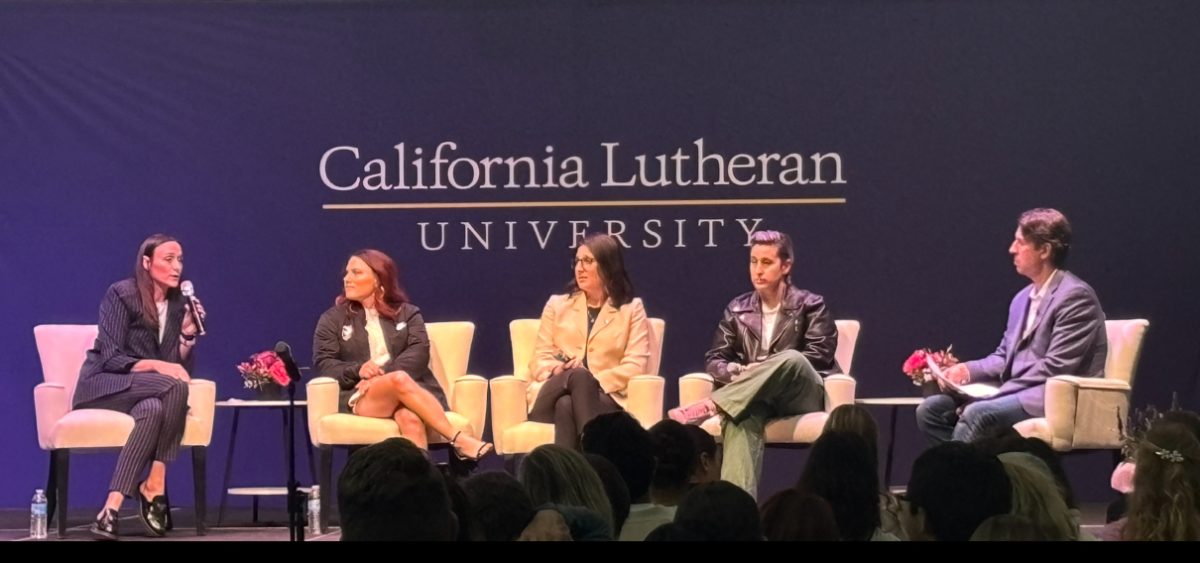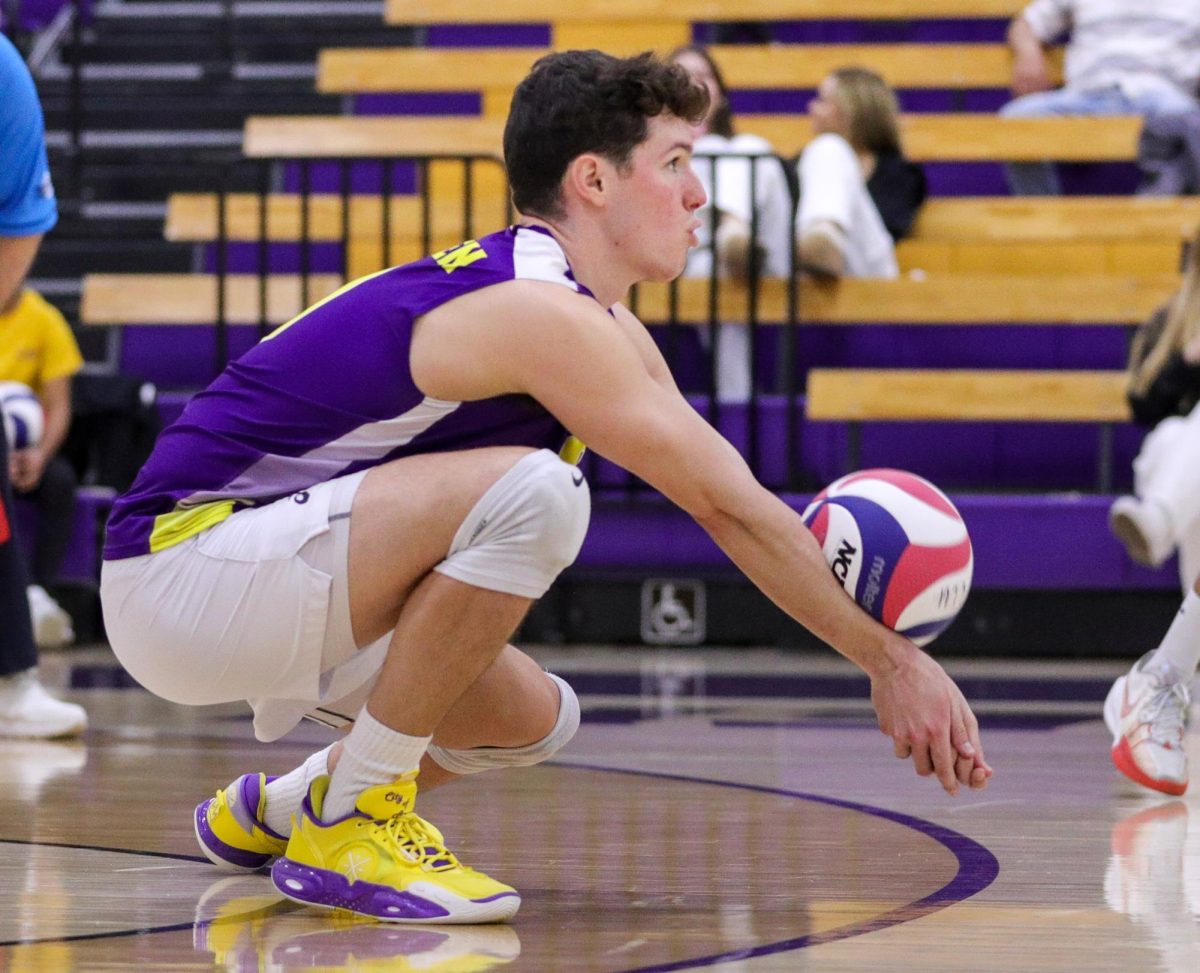Finding a balance between academics and athletics is one of the challenges that student-athletes face, and to aid them, California Lutheran University assigns a faculty athletic mentor to each sports team.
According to Dean of the College of Arts and Sciences Timothy Hengst, who is also a faculty athletic mentor for the women’s volleyball and men’s and women’s golf teams, student-athletes are partnered with faculty members to offer academic support.
“We typically try to attend as many of the athletic events as possible, and just, in general, show support for the students. They put a lot of time and effort into their sporting events,” Hegnst said.
Faculty athletic mentors are professors around campus who have volunteered to help student-athletes with concerns regarding their academics. Hengst said he volunteered for “the excitement of being involved in the sport.” However, he said faculty athletic mentors do not offer any advice on how to play the sports.
The faculty athletic mentors are introduced at early practices in the semester, according to Regals volleyball Faculty Athletic Mentor Brady Yee. This helps student-athletes understand that there is someone they can go to if they have any questions on the academic side, and make them feel supported.
Whether it is by helping a student select the class courses they need, setting up a tutor or helping communicate with another professor, Yee said her main goal in the role is to support the students in any aspect of their university life.
“I want you to be successful on the court. I want you to be successful in the classroom. And my job is to help you do both of those things,” Yee said.
According to Yee, having this role on the team can be part of the decision process for new recruits, and it is important they know of it.
Senior middle blocker on the women’s volleyball team Kira Mortensen said the faculty athletic mentor gives student-athletes a sense of security, since as an athlete, they sometimes miss class for a game.
Mortensen said it is helpful to have somebody other than the coach help out, even if the student does not need the resource.
“I remember at our meeting, he [Hengst] just said ‘If you need me, contact me,’ and then I never really needed him, so I never did. But the option was there,” Mortensen said.
Junior women’s basketball player Alexa Greenwood said she never met her faculty athletic mentor, but she thinks it is a really good resource for student-athletes who are finding themselves having trouble planning schedules.
“I think that they are really beneficial off the court. Like, I think they help with you being able to be on the court, if that makes sense,” Greenwood said. “They help with figuring things out outside so you can be successful on the court.”
Faculty Athletic Mentor for the Kingsmen and Regals cross country and track and field teams, Russell Stockard, said the role works as a bridge between students and other professors, since sometimes in disagreements, it is useful to have another perspective that helps ease the tension and resolve the situation.
“The main purpose is to intervene as a fellow faculty member when a student on the team has a problem with that other faculty member. And so you hope you can, as a faculty member, a member of the same, you know, same profession, that you can help mediate or adjudicate the situation,” Stockard said. “And I’ve really only had to do it once, so you know, that’s the good news.”
According to Head Women’s Volleyball Coach Kellee Roesel, students are encouraged to go to their faculty athletic mentor if they are having issues with any class.
“I’m not a faculty member, and they know the academic side of it at Cal Lutheran and have a better community around them,” Roesel said. “They know more professors than I do. They, you know, they know that side of the student-athlete experience a little more intimately than I do.”
The faculty athlete mentors are introduced at early practices in the semester, according to Yee. This helps the student-athletes understand that there is a person they can go to if they have any questions on the academic side of their college career, along with making them feel like they have the support they need to succeed in their college career.
Roesel said having the faculty athletic mentors is more than just academic support, but social and athletic support as well.
She said it is an advantage to have faculty athletic mentors who played sports when they were college students since they understand what the athletes need to accomplish and how to help them find the balance they need.
“If you haven’t played a sport, especially at the collegiate level, I think there’s a lack of understanding,” Roesel said. “But I would be absolutely open to having a faculty athletic mentor that hasn’t played sports because I think it’s important for professors to know, you know, how difficult it is for these kids to balance everything.”



